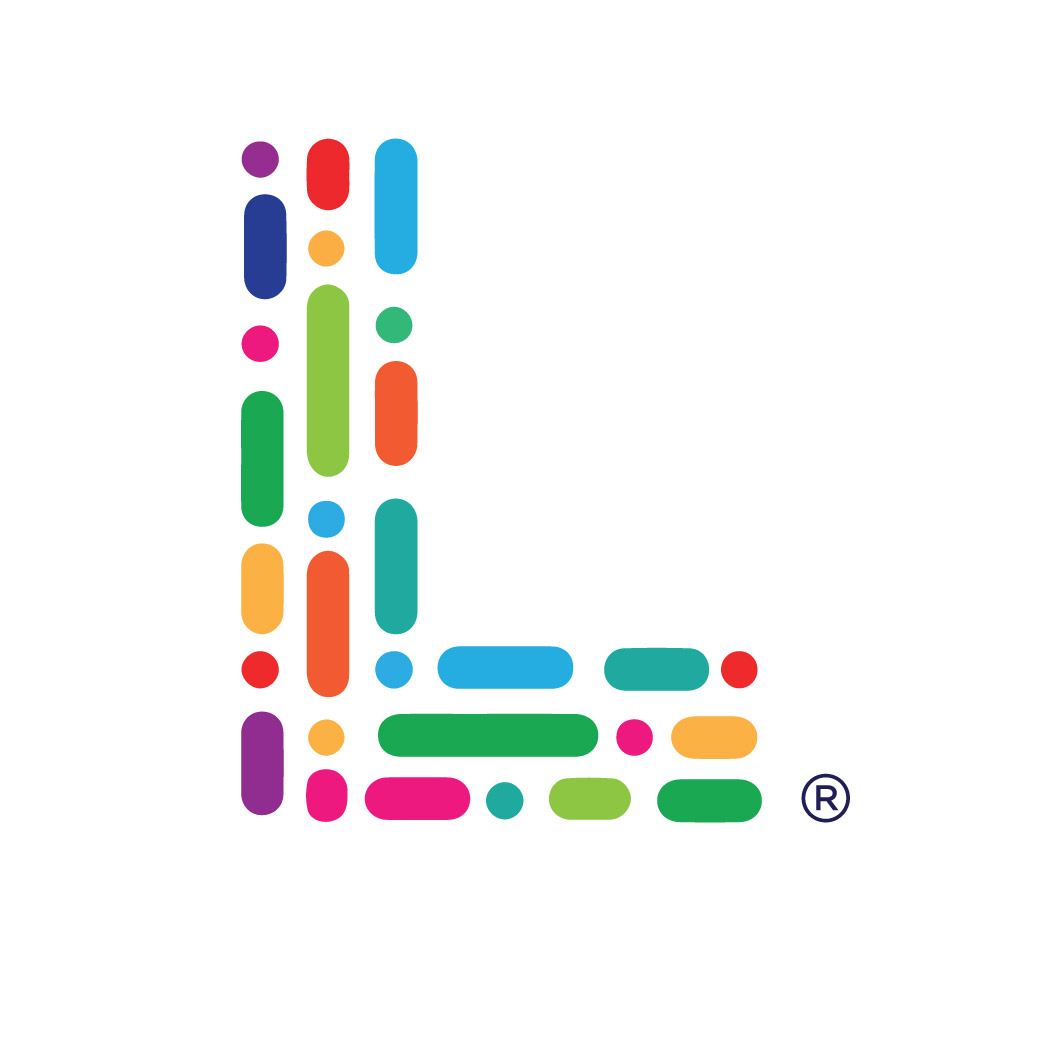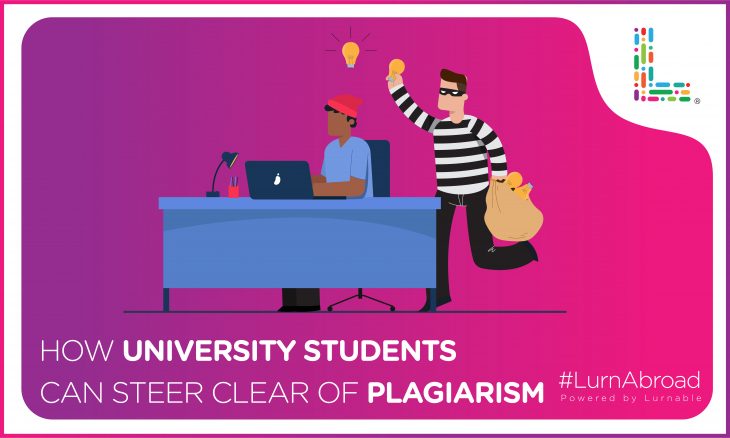International universities set high standards for student assessments, so the pressure to succeed is ever-increasing. Not to mention, you have to compete with top talent from around the world. Students go the extra mile to achieve excellence in their assignments and end up falling into the plagiarism trap intentionally or unintentionally. The switch to hybrid learning had made plagiarism an even bigger concern.
Essentially, plagiarism is including someone’s work in your assignments without proper attribution. You may do it unintentionally, but universities see it as a compromise with the ethos of academic integrity. They take it seriously and even penalize students who indulge in this subtle form of cheating. The ramifications can be grave, from failing a course to even facing expulsion. As a student, it becomes crucial to know more about plagiarism, its implications, and the measures you can take to steer clear of it.
FORMS OF PLAGIARISM
Going by the common definition, plagiarism involves lifting another person’s work without attribution to the source. But it may creep into your assignments in other forms. The worst part is that you may be unaware of it. Here are some common instances of plagiarism.
- Patchwork plagiarism, where you pick content from multiple sources and rearrange it without proper credit
- Paraphrasing content without citation
- Citing a source incorrectly so that it is not possible to find the original material
- Not using proper quotation marks
- Incomplete and uncited quotes
- Using charts, images, and graphs without citation
- Assuming the content in your assignments as common knowledge and not citing them
- Engaging a third party to write your assignment or tests
Even using your own work written and submitted for another class comes in the category of plagiarism.
STEERING CLEAR OF PLAGIARISM
Unintentional plagiarism becomes a growing concern for students as universities take stringent measures to curb the issue. Thankfully, some effective measures can help you steer clear of it. Here are some tips to help.
- You can use a reliable online plagiarism checker to cross-check your work by comparing it with existing materials. There are several free and paid versions available online.
- Always give credit to your content sources using the recommended referencing style. Your university may seek APA, MLA, Harvard, or Chicago styles. You can cite the easy way by using online citation generators.
- Paraphrase content and ideas from your source materials rather than writing quotations directly.
- Consider ramping up your writing skills by attending workshops that cover topics such as plagiarism and proper citations. You can connect with a writing mentor to seek help with developing ideas and proofreading assignments.
Apart from following these steps, you need to take an honest approach while researching and writing assignments. Committing to this principle will ensure that you stay truthful in your work. Learn the skills and strive for better outcomes, but never chase perfection at the cost of honesty.

If you are considering studying abroad why don’t you discuss your prospects and opportunities with experts at Lurnable’s dedicated study abroad counselling division LurnPathways?





